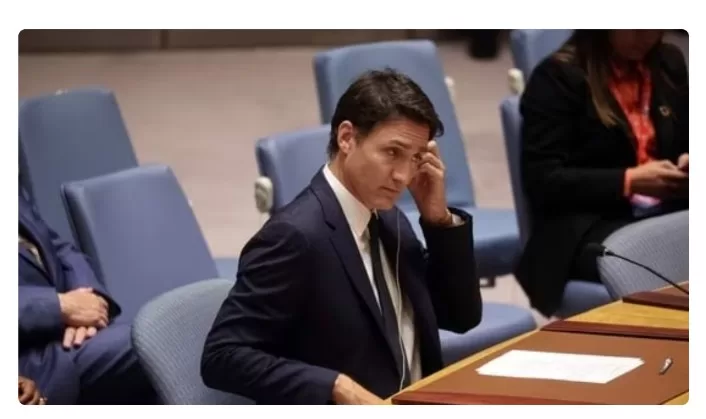In a recent development in the India-Canada diplomatic dispute, the Premier of British Columbia, David Eby, voiced his frustration over the information he received concerning the killing of terrorist Hardeep Singh Nijjar. Eby revealed that the information he obtained was readily available on the internet, describing this as a frustrating situation.
Eby’s statement comes despite his meeting with the Canadian Security Intelligence Service (CSIS) director. He expressed his understanding that there might be a need for reforms in the act governing CSIS to enable the sharing of crucial information.
The Premier emphasized the importance of federal government trust in provincial governments, allowing them access to information and enabling them to take necessary actions to ensure the safety of local communities.
Eby also raised suspicions that the government led by Justin Trudeau might be withholding information that could assist the province in protecting vital details related to Nijjar’s killing.
Nijjar, the leader of the banned Khalistan Tiger Force (KTF), was fatally shot outside a gurdwara in Surrey, British Columbia, by unidentified assailants in June.
Prime Minister Justin Trudeau’s recent statement, in which he shared “credible allegations” of India’s government involvement in Nijjar’s killing, has strained relations between India and Canada.
India has engaged with its Western partners to convey its concerns regarding the activities of anti-India elements operating from Canadian soil. The External Affairs Ministry of India stated that Canada had not provided specific information on the Nijjar case, but India remains open to examining any such information if shared.
This diplomatic tension escalated when India rejected Trudeau’s allegations as “absurd” and “motivated,” leading to the expulsion of a senior Canadian diplomat in response to Canada’s earlier expulsion of an Indian official over the case.




